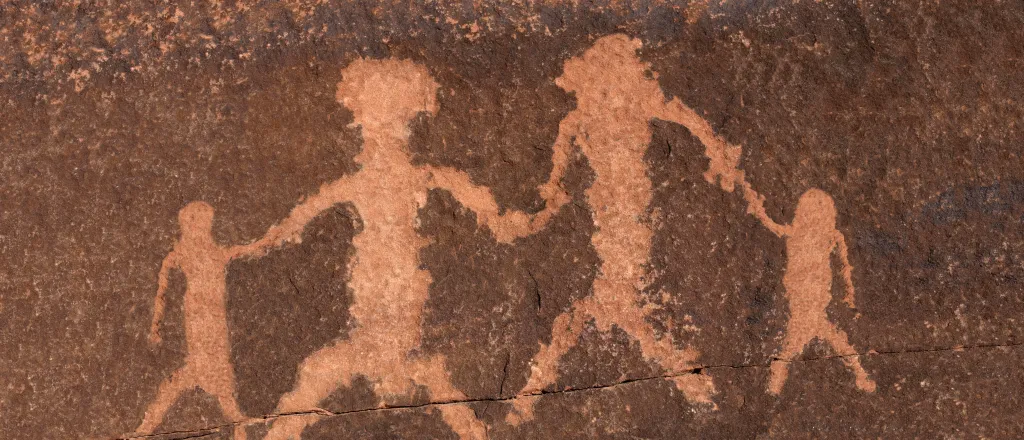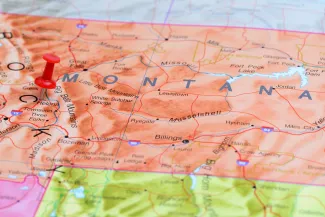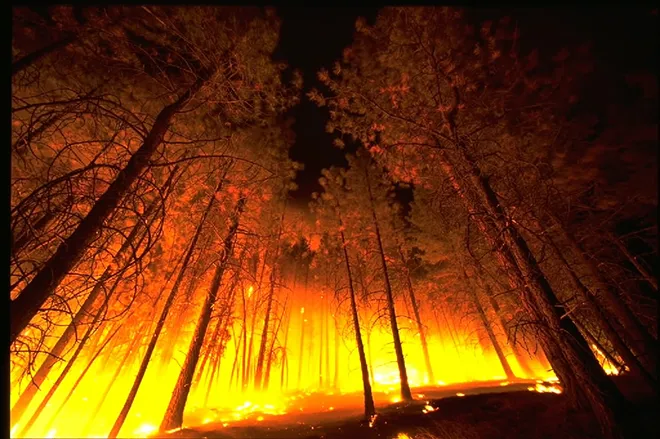
Indigenous conference to address cultural identity
Click play to listen to a version of this article.
(Big Sky Connection) Billings, Montana-based Western Native Voice is holding its annual membership conference in Great Falls starting Friday, and members are discussing democratic participation but also cultural issues affecting tribes.
The conference is called No Vote Left Behind and will focus on helping Indigenous people register to vote and know where and when to cast ballots.
Just as importantly, workshops will discuss cultural identity and what it means to be Native.

Western Native Voice communication's director Tracie Garfield is a member of the Assiniboine tribe, and said more than 50 percent of Indigenous people in Montana live off reservations - which leaves many wondering where and how they fit it with their culture.
"Participants and members of the workshop will be able to talk to each other - talk about what it means to be Native, how they grew up," said Garfield. "Some grew up on a reservation. We'll have people who grew up in urban areas. We'll also have people who grew up in rural Montana - off the reservations."
Cultural identity was the number one topic requested by members for this conference. Western Native Voice has over 13,000 members from Montana and across the U.S.
The conference starts tomorrow morning in Great Falls.
Garfield said Western Native Voice will hold its Expanding Horizons: Beyond Survival youth conference next Monday and Tuesday in Bozeman - where they will be learning about native history, traditional knowledge and cultural identity.
The conference will bring together students from both urban and reservation high schools. She said true native history and cultural identity weren't always taught when she was young.
"When we were growing up, we weren't really taught the true history of our tribes," said Garfield. "Say I'm Assiniboine. I didn't know my own tribal history. Even though I felt Native I didn't really know what it meant to be Native."
Garfield said cultural identity is a complex issue with so many people living in urban areas, and Western Native Voice wants to create a space for people to talk about it by training youth early on so they understand what it means to be Native in today's world.















